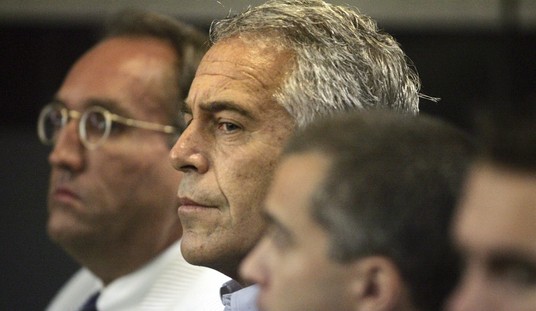Baseball Hall of Fame great Willie Mays said in an interview that Dick Allen hit the ball harder than anyone he had ever seen, including Hank Aaron, Mickey Mantle, and other greats from what is considered baseball's Golden Age.
Between Allen's rookie year of 1964 to 1974, he was arguably the best player in the game. He won a Most Valuable Player award, made seven All-Star teams, and led his league at various points in runs, homers, RBIs, walks, triples, on-base percentage, slugging percentage, and more.
Allen deserved to be in the Hall of Fame years ago. But Dick Allen was a "clubhouse lawyer," notorious for being troublesome. His Hall of Fame eligibility ran out decades ago.
Allen is getting into the Hall of Fame because the Classic Baseball Era (Era Committee) voted him into the Hall posthumously. The Era Committee is comprised of members of the National Baseball Hall of Fame, executives, and veteran media members.
Joining Allen in the 2025 Hall of Fame class are another troublemaker, Dave Parker—who became the poster boy for the cocaine scandals of the 1970s—pitcher CC Sabathia, outfielder Ichiro Suzuki, and relief pitcher Billy Wagner.
Why did it take Allen so long to make it into the Hall of Fame?
Dick Allen was accused of dividing clubhouses along racial lines. He played for the Philadelphia Phillies from 1964 to 1969 and, during that time, reportedly became disgusted with the racism of some players and fans.
Mike Schmidt, the Phillies’ Hall of Fame third baseman, said in a speech honoring Allen in 2020 before his death that “Dick was a sensitive Black man who refused to be treated as a second-class citizen.”
“He played in front of home fans that were products of that racist era,” Schmidt continued, and alongside “racist teammates” at a time when there were “different rules for whites and Blacks.”
“Fans threw stuff at him,” he said, “and thus Dick wore a batting helmet throughout the whole game. They yelled degrading racial slurs. They dumped trash in his front yard at his home.”
Allen played for the Little Rock minor league Phillies affiliate, the Arkansas Travelers. He admitted he had never really experienced racism growing up in the small town of Wampum, PA. In Little Rock, he was forced to stay in a segregated boardinghouse. From the first day, the fans rode him mercilessly, vandalizing an old car he bought with racist scrawlings.
Where other early black players like Jackie Robinson, Ernie Banks, Larry Doby, and Minnie Minoso all tried to ignore the slights, the insults, and the nauseating racism of teammates and fans, Allen took personal offense at what he saw as a double standard. He refused to knuckle under and let the racism slide.
He would drink and smoke in the clubhouse, take off for days at a time, and refuse to play when asked by the manager. Baseball guru Bill James wrote in 1994, "He did more to keep his teams from winning than anybody who ever played major league baseball. And if that's a Hall of Famer, I'm a lug nut."
James came around, however, and in 2009 wrote, "History is forgiving. Statistics endure."
"Dick Allen did not have imaginary sins or imaginary failings as a player," James wrotte. "He had very real offenses. But as time passes, the details of these incidents (and eventually the incidents themselves) are forgotten, and it becomes easier for Allen's advocates to re-interpret them as situations in which Allen was the victim, rather than the aggressor or offender. The people who were there die off….For very good reasons, we do not nurture hatred. We let things pass. This leads history to be forgiving. Perhaps it is right, perhaps it is wrong, but that is the way it is."
Allen, who died in December 2020 at age 78, had 351 home runs, 1,119 RBIs and a .292 average during a 15-year major-league career with the Philadelphia Phillies (1963-69, ’75-76), St. Louis Cardinals (1970), Dodgers (1971), Sox (1972-74) and Oakland Athletics (1977).
After allowing Barry Bonds and Shoeless Joe Jackson to regain eligibility for the Hall earlier this year, it made sense that the Hall would vote in Dick Allen and Dave Parker — two players who should have been voted in years ago.
Editor's Note: The mainstream media continues to deflect, gaslight, spin, and lie.
Help us continue exposing their grift by reading news you can trust. Join PJ Media VIP and use promo code FIGHT to get 60% off your membership.










Join the conversation as a VIP Member